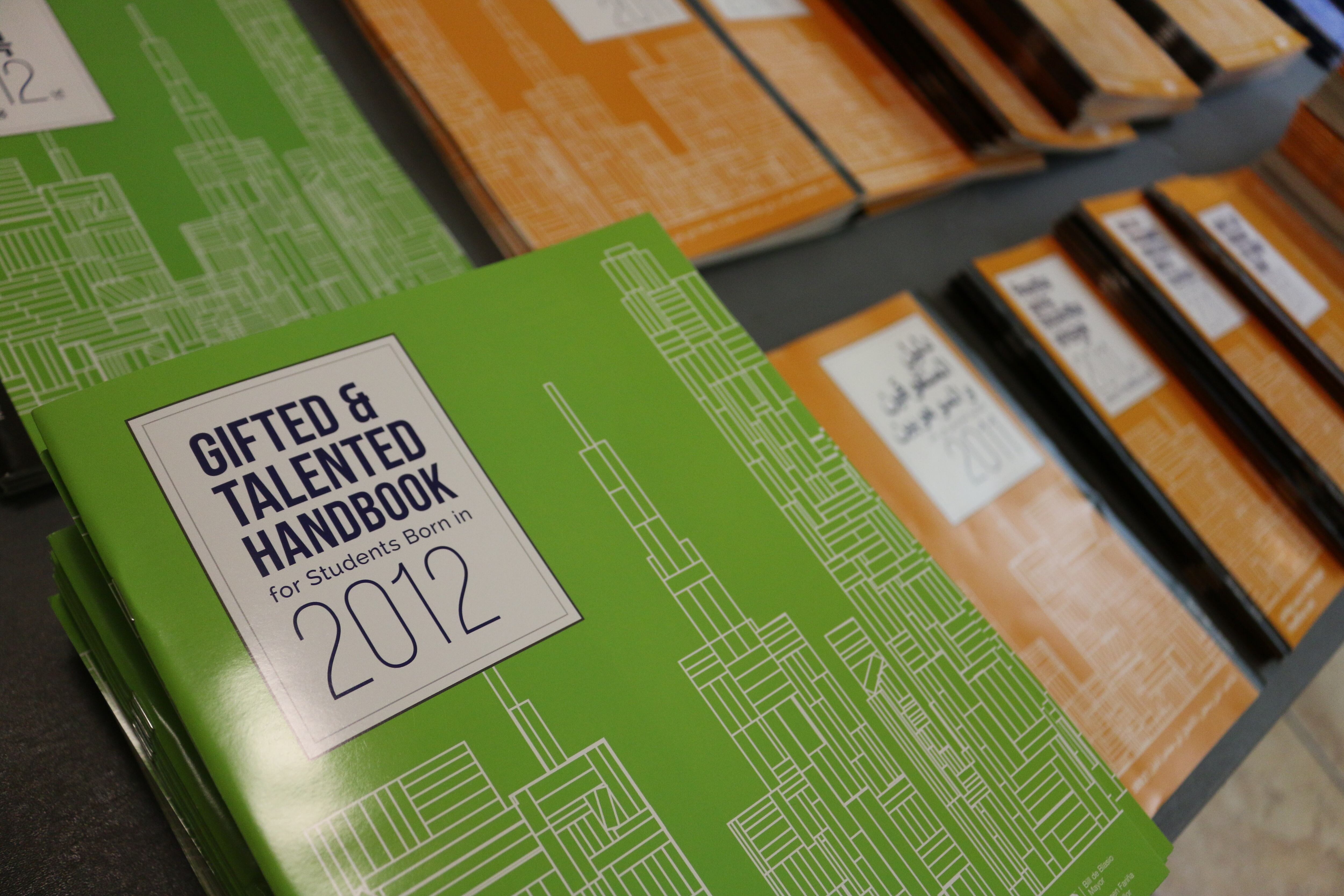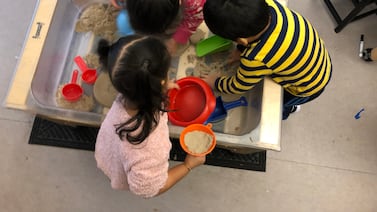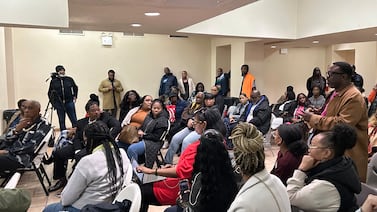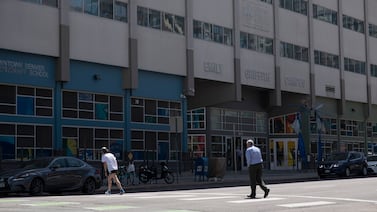New York City Mayor Bill de Blasio appears to be dragging his feet again when it comes to making reforms to the city’s starkly segregated gifted and talented programs — and comments made Tuesday by schools Chancellor Meisha Porter at a state senate hearing made it even more unclear when any changes might be announced.
De Blasio promised last month to present “a very different approach” for gifted programs, saying changes would be announced by the end of September.
That deadline has come and gone. On Tuesday, Porter suggested the timeline may get stretched out further, saying the city would be starting a process to engage with the public about any changes.
“We look forward to centering engagement as a part of our plan forward, and look forward to beginning and launching more information around the engagement process soon,” she said in response to questions from lawmakers at the hearing, which was called to discuss how districts are spending COVID relief money.
Meanwhile, time is ticking for anxious families. Usually, the test for the program’s 2,500 kindergarten seats is given in January, and many parents spend time and money prepping their 4-year-olds for it.
Education department spokesperson Katie O’Hanlon did not answer questions about when the city would announce the admissions process or other changes to the gifted program this year, or whether the reforms would be delayed to collect more feedback from parents and others.
“The best plans are made when everyone has a seat at the table. We are listening to our families and will offer more opportunities for community conversations,” O’Hanlon wrote in an email.
With only about three months left in de Blasio’s term-limited tenure, Sen. John Liu said the city should wait until a new mayor — and, most likely, a new chancellor — is in place to usher in reforms.
“There’s just not enough time to truly engage, unless the Department of Education and City Hall has some preconceived notion that they were going to try to steer people [to],” he said. “It’s too late.”
Porter said she disagreed.
“I think that, while the next administration is going to absolutely guide the ship forward, as it relates to gifted and talented, I think that it’s never too late to engage families in the process and in a conversation, or in recommendations that will inform the next administration,” she said.
New York City’s gifted programs have been a lightning rod of controversy.
Classrooms are deeply segregated and the focus for reform. While Black and Latino students make up almost 60% of all kindergartners citywide, their enrollment in gifted programs is only 14%.
The greatest share of students in gifted classes are Asian American, at 43%. White students are also overrepresented at 36% of enrollment. Just over a quarter come from low-income families, compared with almost 70% citywide. There are almost no students with disabilities or who are learning English as a new language in gifted classrooms.
Admission has long been determined by a test given to rising kindergartners when they’re about 4-years-old, which many blame for driving segregation. Most academic experts agree that tests given to such young children aren’t likely to measure a student’s abilities, but are more likely to reflect a family’s advantages, economic and otherwise.
De Blasio’s pledge for reform came after he sat for years on recommendations for making the programs fairer, made by a committee he appointed in 2017.
He promised to make changes after a pause in the typical admissions process last year that de Blasio said would be temporary. The city was forced to admit students based on a lottery, after a citywide panel refused to extend a contract to give rising kindergartners the admissions test typically used.
Officials at the time had promised to present more permanent reforms and kick off a public engagement process — which some parents who are worried about potential reforms say never formally happened.






